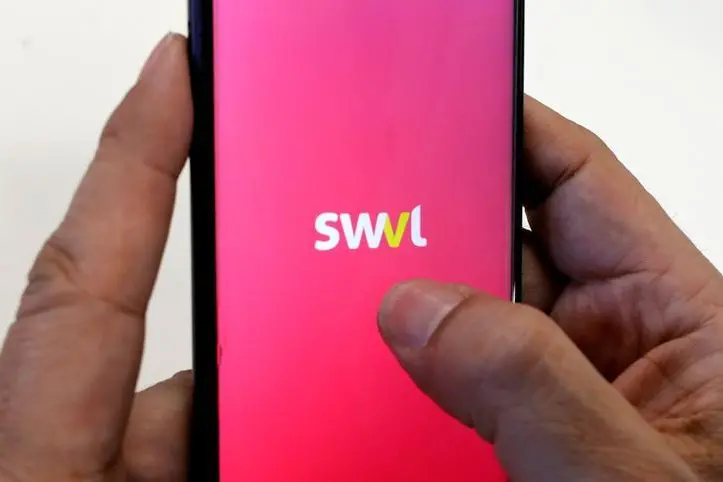PHOTO
DUBAI - Higher oil prices have helped Dubai-based transport startup Swvl attract customers as people in its bigger markets such as Egypt and Pakistan ditch their cars in favour of buses, Chief Financial Officer Youssef Salem told Reuters.
The Nasdaq-listed company has however aggressively cut costs and put some business expansion plans on hold as it steers a path towards profitability next year to appease investors in the wake of higher inflation and interest rates.
"For us, there's two major impacts from the oil price and inflation. One, very positive operationally, and one very challenging from a capital markets perspective," Salem said in an interview.
Bookings have increased 40% year on year in the first quarter as commuters park their cars and take a Swvl, he said.
But the company slashed its headcount by almost a third in May while scaling back expansion in its consumer business in Jordan, Kenya and Argentina. Swvl has also raised fares between 10% and 20% in the last 4 months to keep up with higher commodity prices, he said.
Swvl operates a ride-hailing platform for private buses, similar to Uber's model for taxis, offering more flexible schedules and routes than public transportation while catering to individuals, businesses and schools.
The company went public in April after a merger with all-female backed special purpose acquisition company (SPAC) Queen's Gambit Growth Capital, which valued Swvl about $1.2 billion.
But its share price has lost more than 75% of its value since with many technology companies and cryptocurrencies faring badly in the market turmoil leading up to recent interest rate hikes.
Higher yields dull the allure of companies in technology and other high-growth sectors, where cash flows are often heavily weighted in the future and are reduced when discounted at higher rates.
Salem said investor requirements in the current environment are clear, including free cash flow and shorter time horizons, and have changed the game for technology firms which have traditionally been enjoyed longer time horizons.
"As the cost of borrowing increases, the capital available for high growth stocks like ourselves becomes more limited and expensive," he said.
"If any market will not be profitable by 2023, we need to shut it down now and re-launch it in 2023 rather than use additional capital from the market."
(Reporting by Hadeel Al Sayegh; Editing by Kirsten Donovan)





















